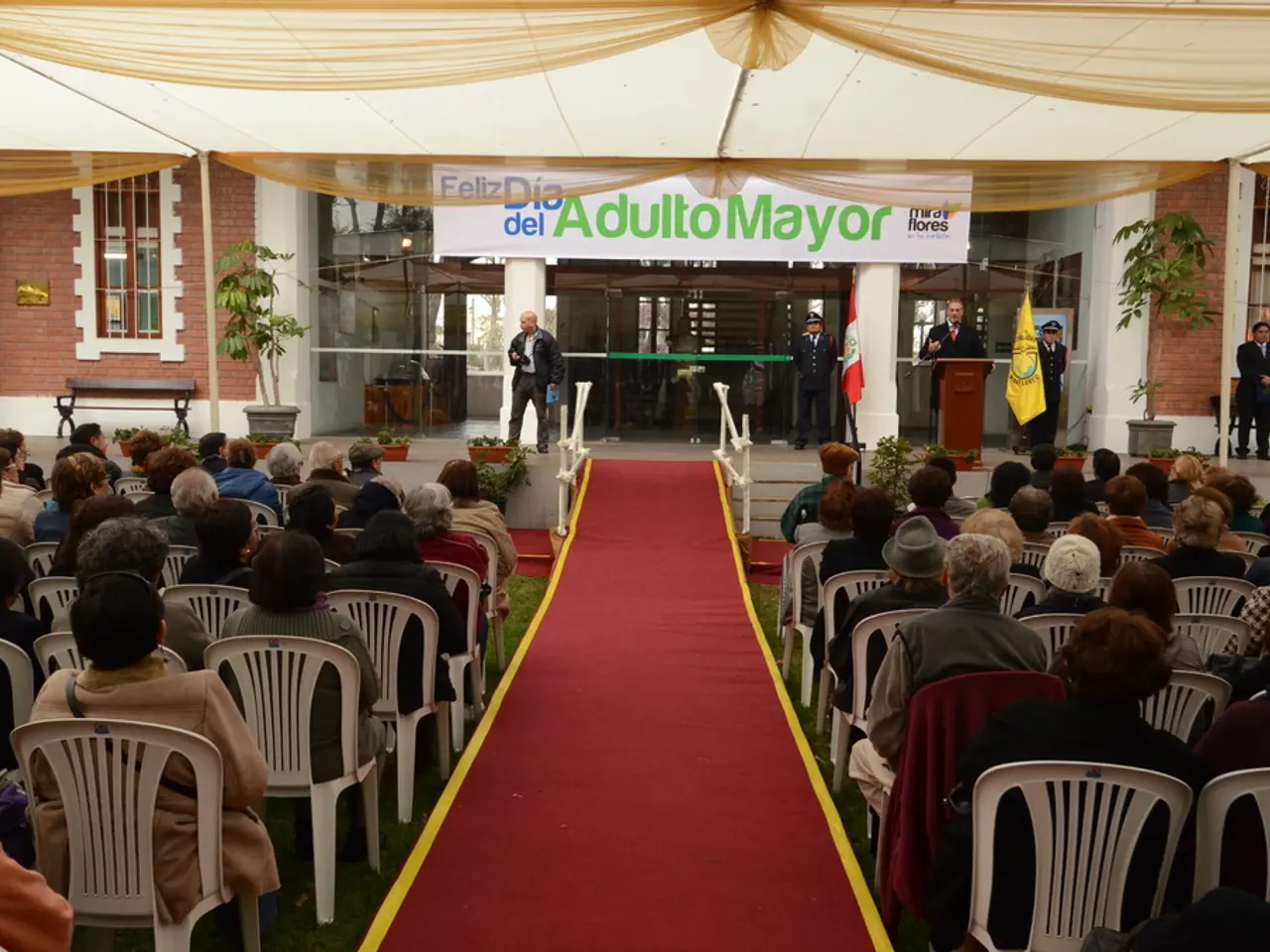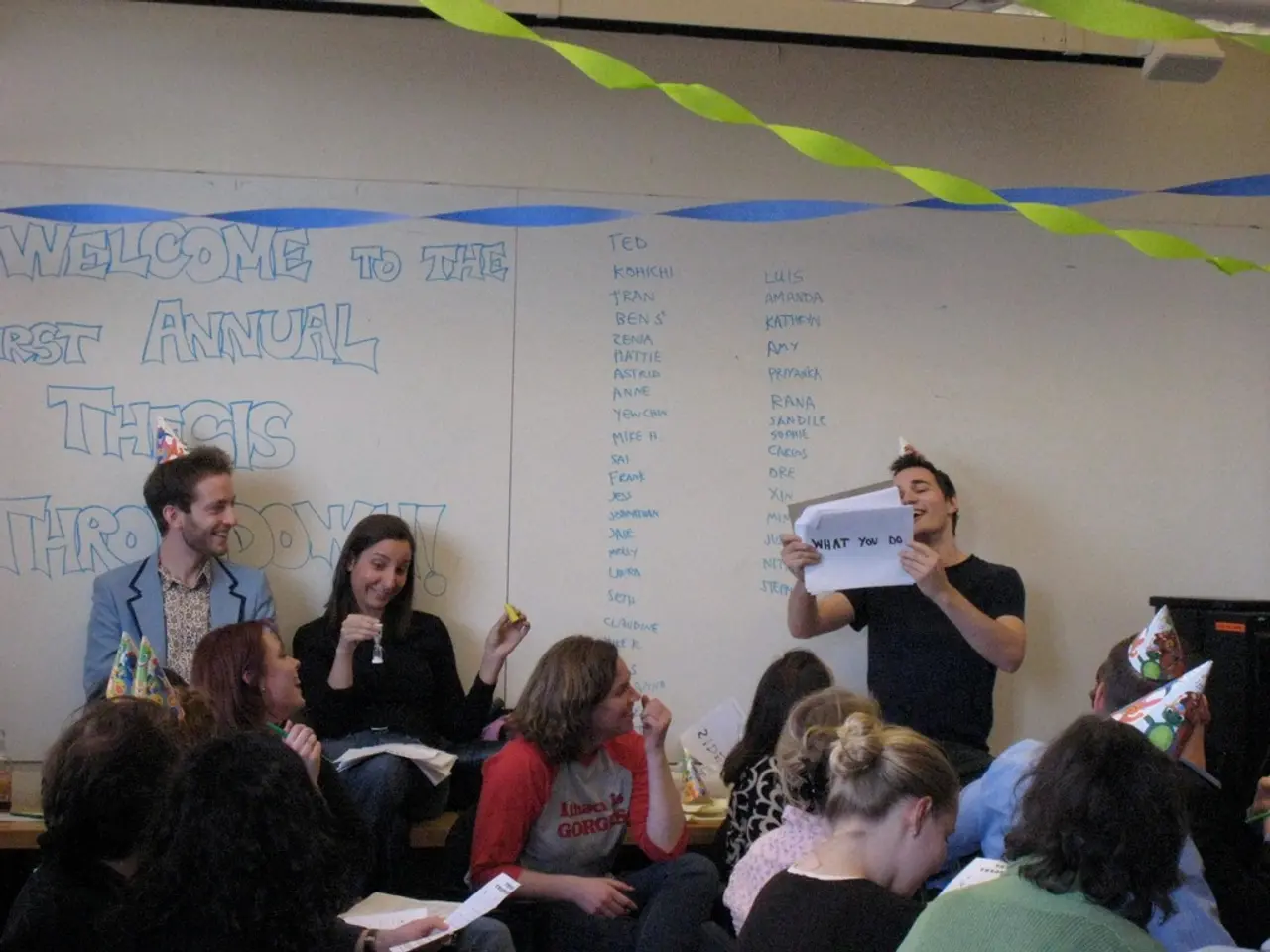Rent Brake Extension in Germany: A Key Step Toward Affordable Housing
Parliament extends rent cap with support from coalition and Greens party members. - Parliament prolongs coalition and green alliance with votes
The rent brake is a measure aimed at curbing excessive rent hikes in high-demand urban areas, particularly affecting cities like Berlin, Munich, and Frankfurt[1][2][3]. Originally set to expire on December 31, 2025, the rent brake has now been extended until at least December 31, 2029.
The extension was propelled by the persistent tight housing market in many municipalities across Germany[1]. Prominent figures like Federal Minister of Justice Stefanie Hubig (SPD) have emphasized housing affordability as a matter of justice and tenant protection[1].
The Role of the Bundestag and Political Actors
The extension bill was presented by the government coalition consisting of the Conservative Christian Democratic Union (CDU) and Social Democratic Party (SPD). Minister Hubig has been the driving force behind this legislation, positioning it as the first bill under the current government[1]. The Bundestag plays a crucial role in finalizing the rent control law's prolongation[1][4].
The coalition faction and the Greens both support the extension, motivated by concerns over increasing rents and housing shortages. While the Greens have historically advocated for stronger tenant protections, their specific input on this extension in 2025 is less detailed[1].
Upcoming Tenant Protection Measures
Justice Minister Hubig has announced additional measures to further safeguard tenants:
- Greater transparency regarding ancillary costs.
- Stricter regulations on rental contracts linked to rent indices.
- Improved tenant protection for furnished apartments, targeting landlords taking advantage of loopholes to justify higher rents[1].
Minister Hubig underscored the importance of preventing artificial rent increases and reiterated her commitment to robust tenant protection[1].
Regulatory Tightening for Rent Brake Law
The rent brake law now imposes stricter limitations on exemptions for modernized properties, with rent increases on buildings first leased after October 2019 being more contained to curtail landlords from circumventing rent caps through renovations or upgrades[2].
These developments underscore the government's resolve to prevent housing from becoming a luxury commodity and maintain affordable rental housing in Germany[1][2][3][4].
- The extension of the rent brake policy in Germany, a key measure aimed at ensuring affordable housing, is not just a matter of politics but also a question of justice and tenant protection, as emphasized by Federal Minister of Justice Stefanie Hubig.
- In addition to the extension of the rent brake policy, Minister Hubig has announced further tenant protection measures, such as greater transparency regarding ancillary costs, stricter regulations on rental contracts linked to rent indices, and improved protection for tenants in furnished apartments, to prevent artificial rent increases and maintain affordable rental housing in Germany.








